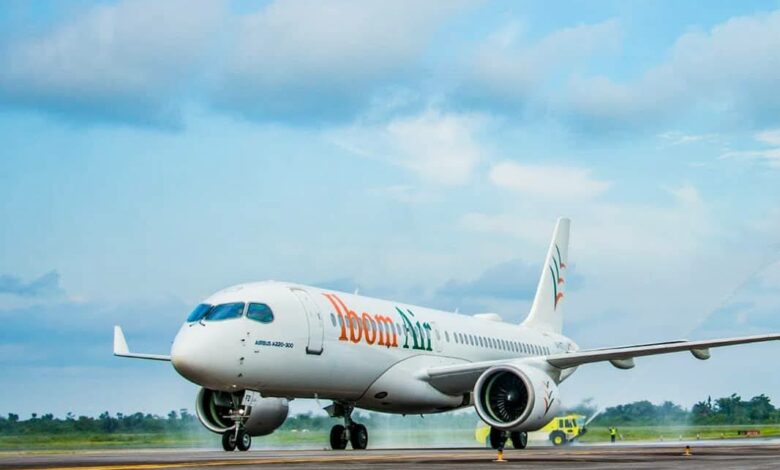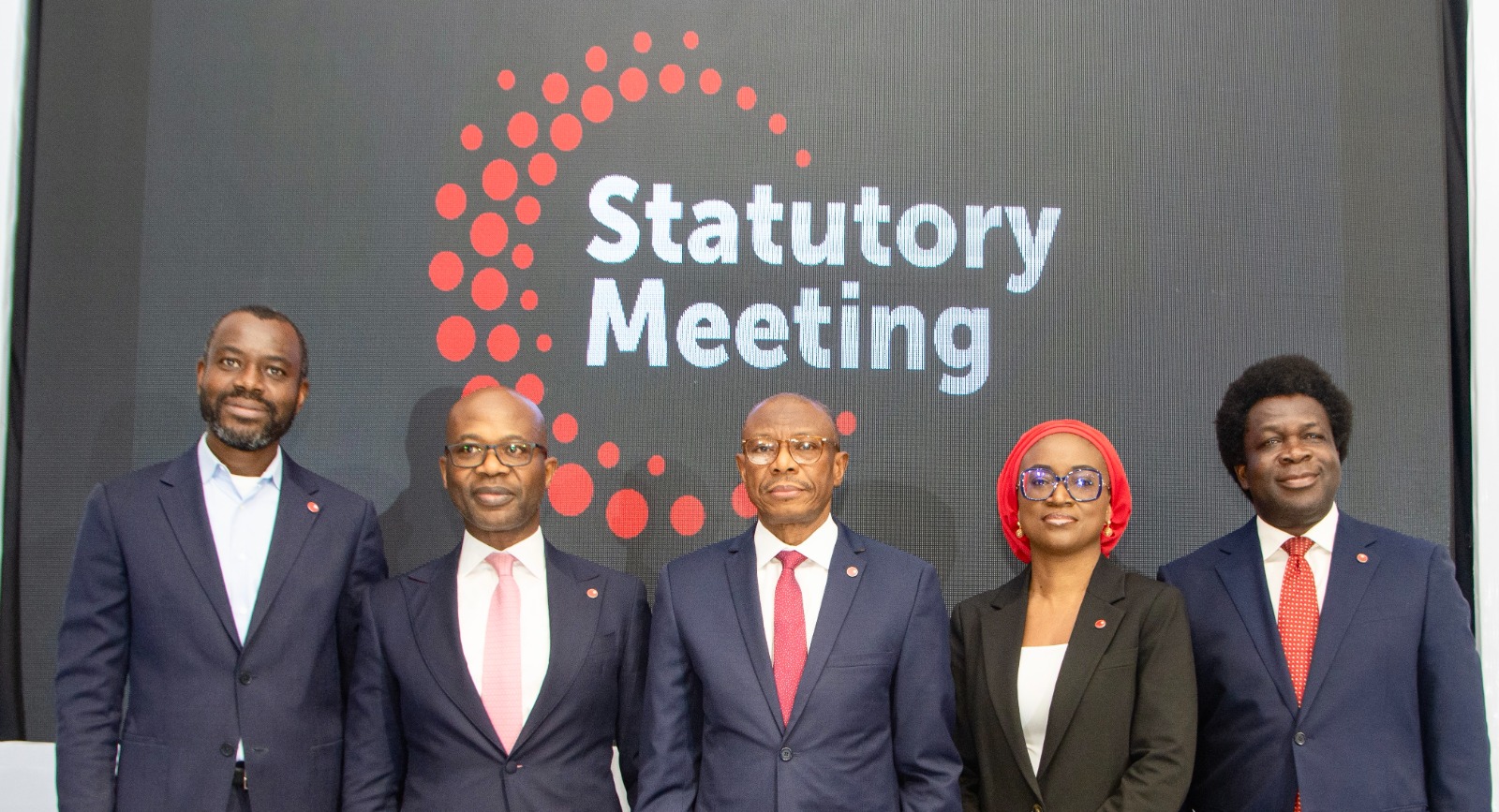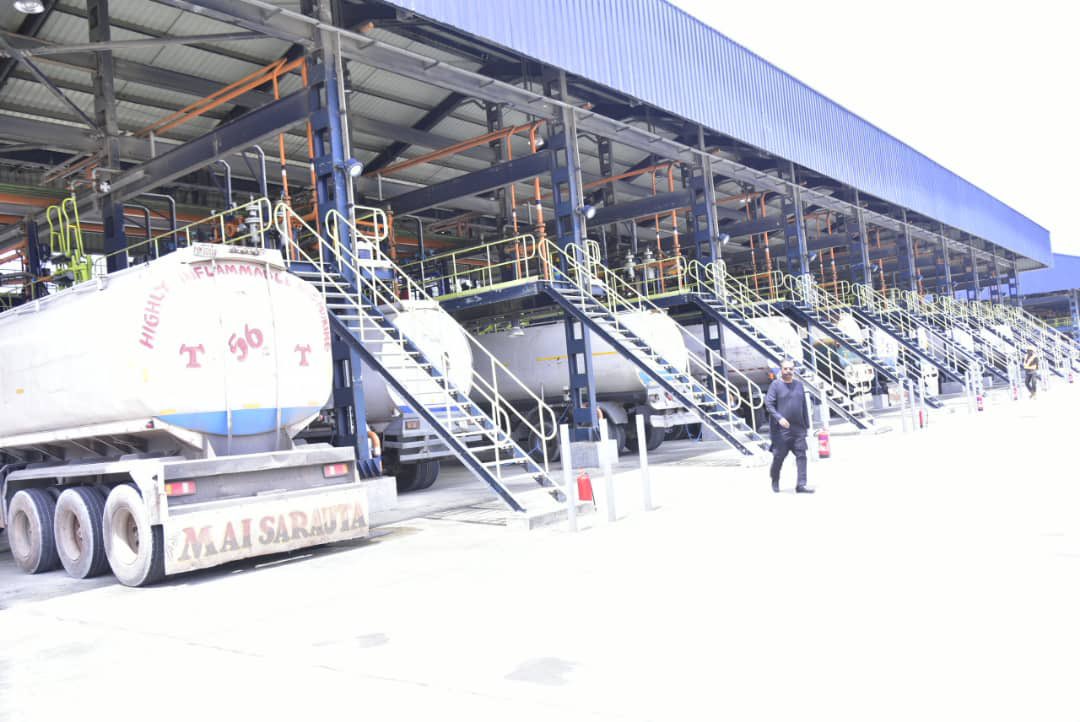How to make states Government airlines viable, by experts

Fille Photo Ibom Air
Experts in the air transport industry have prescribed pills needed to drive viability for airlines established by state governments, saying if the managers of such project do not put in place deliberate interventions, the carriers will face significant challenges.
The experts said given the thin profit margins in running airlines business, increasing operational costs ,absence of economies of scale , there is a compelling need to encourage more people to fly by offering incentives, improving airport infrastructure, and enhancing overall travel experiences.
Speaking in separate interviews, aviation industry strategist, pilot and former rector of the Nigerian College of Aviation Technology (NCAT), Samuel Caulcrick; industry critic and Chief Executive Officer of Centurion Securities Limited, Group Captain John Ojikutu (rtd) and industry expert and Managing Partner Avaero Capital Partners, Sindy Foster said a raft of measures are needed to turn the curve in running state – owned airlines.
The experts spoke against the backdrop of the unveiling of Enugu Air by the supra – national entity in the South Eastern part of Nigeria.
Besides Enugu , Lagos State Government last hinted of plans to float Eko Air, amidst experts’ perspectives on the performance of Cross River Government and Taraba State backed carriers – Cally Air and Air Taraba and burgeoning carrier : Ibom Air.
In his intervention, Caulcrik noted that the proposed Enugu Air , is birthed in an atmosphere, where the industry is going through over-saturation with a traditional razor-thin profit margin.
The foremost pilot said :” The aviation industry is notorious for its thin profit margins. To achieve sustainability, airlines must at least break even on operational costs. However, state-owned airlines in Nigeria face significant challenges. This includes low seat occupancy. Without deliberate interventions by either the state or the communities to increase demand, these airlines may struggle to fill seats, making it difficult to cover operational costs.
“There are other challenges including high operational costs. State-owned airlines may inherit inefficiencies, outdated infrastructure, and high overhead costs, making it harder to achieve break-even.Lack of economies of scale. Small, state-owned airlines may not benefit from economies of scale, making it challenging to compete with larger, more established carriers – they could, however, collaborate with other airlines to avoid flying with empty seats.”
To drive its sustainability, Caulcrik said: ”To make state-owned airlines sustainable, Nigerian states must be willing to invest in operational efficiency. Modernise infrastructure, adopt cost-saving technologies, and streamline operations to reduce waste and improve productivity.”
“Explore partnerships with other airlines, airports, or tourism boards to share resources, expertise, and risk. Ultimately, without a well-thought-out strategy and commitment to sustainability, the proliferation of state-owned airlines in Nigeria may not be viable in the long term.”
On his part, Ojikutu sounded a warning to entities pushing for either airlines or airports. He asked: ”What is their Business Plans for these Commercial Services in Aviation? Oyo State was recently said to have upgraded the Ibadan Airport a Federal Airport but FAAN that suprintend on Federal Airports has come to close the Airport. What is the passengers and flights traffic in Ibadan in the last 20 years? What is the collective passengers and flights traffic of all the airports in the region including Ilorin in the last 20 years? I think that is the way for any state to start. Check the traffic at Enugu, Anambra and Asaba and see if collectively they have one million passengers in a year.
“Ibom Air is well positioned to serve the passengers traffic in its state, Cross River, Abia, and a part of Imo. With Air Peace in that region, no state should venture into commercial airlines business. “Whoever has the money should go to Abuja and fly twice daily to the NW, NE and NC capital airports. “There are transiting passengers from Lagos to these areas. All that is needed to do is for these private/state airlines to interline with themselves and even with the foreign airlines. What government needs to do to help them is to grade the airports and the charges on the available services.
“Common sense should dictate to the states clamouring for airports and airlines for few political office holders in the administration of the government but to spend their money wisely on education growth for their children and health services for more populace.”
Foster while affirming that there is nothing wrong in State Governments setting up an airline, however , observed that the development is borne out of the desire to improve air connectivity in their domains and stimulate local economies.
She said :” Nigeria’s state-owned airlines are a recent phenomenon, born out of the desire of state governments to improve air connectivity and stimulate local economies.
“Akwa Ibom’s Ibom Air has established and grown its network over five years, whereas Cross River’s Cally Air has faced start-up challenges and disruptions. Taraba State’s airline project stands out as a failed venture, where significant investment did not translate into an operational airline.
“Despite overall revenue growth, Ibom Air has required significant state investment. The Akwa Ibom government provided financial support during the COVID-19 crisis – for instance, in mid-2020 it injected funds reported as N4 billion to cushion the airline’s pandemic-induced losses.
“This underscores that in the short term, the airline’s financial sustainability hinges on government backing and the willingness to reinvest any earnings into expansion. However, Ibom Air’s unit costs are expected to improve with larger aircraft and economies of scale, and state officials projected the airline could turn a profit after a few years of operations.
“Importantly, Ibom Air has been run with a commercial mindset. This business-like approach to operations and cost management has likely helped keep its finances on a relatively sound footing compared to typical government backed ventures.
“Given the economics surrounding the aviation industry in Nigeria, high cost of operations, which keeps fares high, with multiple airlines chasing fewer and fewer passengers on the same routes, these airlines are unlikely to have much chance of financial sustainability as a traditional airline business in the short term.”
She said that though, Ibom Air was conceived as part of Akwa Ibom’s economic development and industrialization drive.
“As a result the socio-economic contributions in five years are significant. The airline has created substantial employment, both in terms of direct and indirect employment.
“Before Ibom Air, Akwa Ibom was under-served in terms of air transport, relying on infrequent services by other carriers. Ibom Air changed that by providing regular, reliable flights directly into Uyo, effectively ending the region’s isolation by air. This connectivity has made travel for business and leisure more convenient, encouraging investment and tourism. The state’s new industries and tourism attractions including the annual tourism events in Uyo now have better access to markets and visitors.
“The government is not running Ibom Air, that’s made a significant difference. Operationally, Ibom Air has been savvy in its choices. Starting with medium-sized regional jets allowed it to match capacity to demand and achieve high load factors. As demand grew, the airline wet-leased aircraft to supplement capacity before some of its own A220s arrived. This fleet strategy illustrates scaling up sustainably – not over-investing too early, but adding capacity in line with market growth. Their choice of the A220 is a subject which stimulates much debate.
“The airline’s stance – prioritising continuous service and finding ways to mitigate costs – has demonstrated its commitment to reliability and responsible management of operational pressures. Their resilience through industry turbulence including the COVID-19 period and fuel crises shows that Ibom Air has built a relatively robust operational model.
“In five years, Ibom Air has demonstrated notable successes for a state-owned airline: rapid growth in passenger numbers, high service quality, and tangible socio-economic benefits for its home state.
“Financially, it remains in a build-up phase – not yet profitable and reliant on state funding for expansion – but the trajectory suggests a plan toward sustainability with economies of scale from a larger fleet and potential regional expansion.’
She said the experience is different for other State Governments.
Foster affirmed :” Other states have attempted to launch airlines with less demonstrable success due to weaknesses in their sustainability models. I can’t comment on all of the specifics which went wrong in individual cases but the sorts of things which can go wrong include:
“A third party cost structure will be high, and the revenue from the limited routes likely might not cover the fixed costs including aircraft lease or purchase costs, payments for crews/maintenance, fuel.
“With limited aircraft and a narrow route network, economies of scale will be absent.
“State governments may be unable or unwilling to continue subsidising losses. Running an airline is expensive. Without continuous cash infusion from the state, the airline will inevitably default on payments, crippling operations.
Not having your own AOC is a handicap; it prevents airlines from adjusting the schedule or having autonomy over operations or even revenue generation.
“A smaller market, not in Nigeria’s main travel corridors, means that demand will largely be during peak tourism periods including carnivals and holidays. To keep planes utilised every day and year-round, state airlines need to serve not just their own state, but perhaps other routes.
Airlines require consistency and an appetite for long term planning.
“A change in administration could inevitably lead to a change of priorities, this is destabilising and creates a adverse risk response from potential private sector investors.
“With regard to establishing and maintaining a state airline, the Ibom Air experience highlights the importance of sustained commitment, proper planning, and realistic assessment of viability.
“Having said all that, there are other considerations. Running an airline can drain public funds that could be used for other essential services. If a state continually has to pour money into an airline that serves only a fraction of its population, this may not be considered equitable or wise.
“ The billions spent on aircraft, and the investment needed to launch and maintain an airline, could build roads, hospitals, or schools. Governments must weigh if the economic stimulus from an airline justifies that cost. Ideally, a rigorous cost-benefit analysis should be done.
“Running an airline is not a typical government forte. It requires specialized knowledge and quick decision-making. There’s a risk of political interference in day-to-day operations which could undermine efficiency such as pressure to hire unqualified locals, or fly routes for political reasons even if they bleed money.
“The strategic alignment with development goals only holds if the airline is run professionally. If it turns into a typical parastatal with inefficiencies, it might underperform and become a drag on the economy. Akwa Ibom mitigated this by hiring experts and keeping the airline at arm’s length from politics – a key factor to emulate
Credit : The Nation




